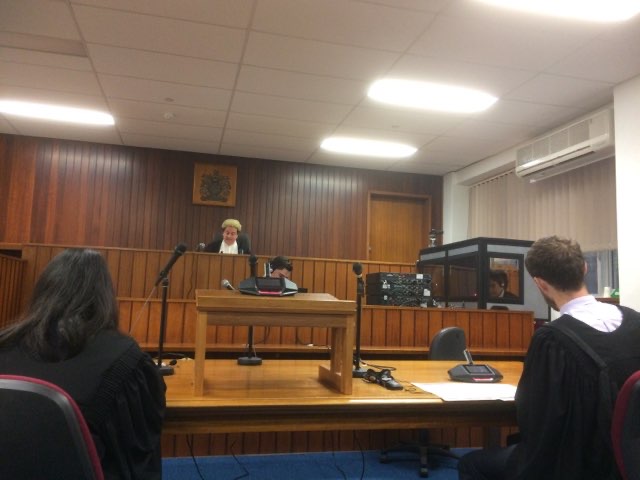Judicial cases rely on oral evidence. Witness credibility is assessed based on the content of the testimony and the demeanour of the speaker. When witnesses do not speak English, their credibility is evaluated through an interpreter. Inaccurate interpretations can result in miscarriages of justice. Accuracy of interpretation is therefore paramount to produce just outcomes. The study addresses a significant social problem. The need for court interpreters in Australia is immense, and only likely to rise dramatically, with the increased refugee intake.This project examines factors that impinge on accuracy of interpreting and the impact of interpreters on witness credibility. It aims to provide empirical evidence to support best practice and a basis for policy recommendations to courts to enhance the fairness of the justice system for all members of the community regardless of language and background. The objectives are to:
-
identify the factors that facilitate and impair the accuracy of court interpreting;
-
determine the effect of interpreted testimony on witness credibility; and
-
examine idependent and interactive effects of interpreting accuracy and perceived credibility.
This project is led by Chief Investigators: Prof. Sandra Hale (UNSW) and Prof. Jane Goodman-Delahunty (CSU).
